Plant Protection Practices in Organic Farming
Synopsis
The key to successful organic food production lies in plant protection from various biotic enemies. In the book entitled "Plant Protection Practices in Organic Farming" a sincere effort is being made to provide the society all the practices which can be used in reducing the pest populations from our agricultural/horticultural ecosystems and in turn may also reduce the pesticide pressure being exerted on our environment. In addition there are some chapters which do not directly address the issues pertaining to the plant protection but are of immense importance for the management of a healthy crop so as to get better returns. In the first chapter the authors have mentioned the importance of the organic farming and why it is so much need in the present day scenario. This chapter also covers the information on the various guidelines set for the practicing organic farming. In the second chapter the pesticide residues pertaining in different crops are highlighted. Third and fourth chapters contain exhaustive information on the biocontrol agents of various insect pests and the biopesticides available in the market to manage these pests respectively. In the fifth chapter the concept of nutrient management for the plants has been discussed. Sixth chapter is based on the information pertaining to the protected cultivation and the different structures used in this type of cultivation. Seventh and eighth chapters deal with the insect pests and diseases encountered in the poly houses respectively and their management with out the use of chemical pesticides. The insect pests and disease of vegetables, temperate fruits, subtropical fruits and potatoes are covered in the separate chapters. Insect pests management of spices and cereal crops are covered in chapters sixteen and seventeen. The eighteenth chapter is on cultivation and utilization of medicinal plants. It covers the aspect of medicinal; plants use as biopesticides against various insects. In the nineteenth chapter the wild fruits are discussed as they can be an important source in increasing the biodiversity in an area. After growing a good crop it is important to get good returns, and for that the yield is to be taken to a good market. The time between the harvest and the use of yield is very important as an appreciable portion is lost in this transit. The next chapter deals with how to minimize the post harvest losses in different corps. In the modern world biotechnology is playing an important role in the human life. The plant science is also not devoid of this important science. The transgenic plants and GMO's are important in the plant science. In the last chapter, role of biotechnology has been discussed in reference to the plant protection and its role in producing a crop organically.
All these chapters are of immense importance to the farmers, Orchadists and plant scientists and can act as a valuable source filling the gap that is prevailing in the know how producing the crop organically and to protect it from its enemies i.e. insects and diseases.
Read more
All these chapters are of immense importance to the farmers, Orchadists and plant scientists and can act as a valuable source filling the gap that is prevailing in the know how producing the crop organically and to protect it from its enemies i.e. insects and diseases.
131.40
118.26
$
146.00 $
Free delivery Wolrdwidе in 10-18 days
Ships in 2-4 days from New Delhi
Membership for 1 Year $35.00
Get it now and save 10%
Get it now and save 10%
BECOME A MEMBER
Books by the same authors

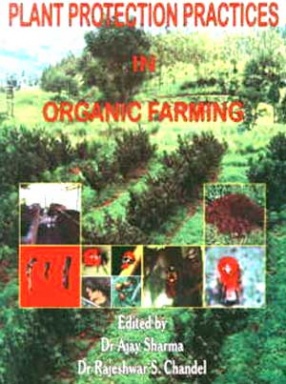


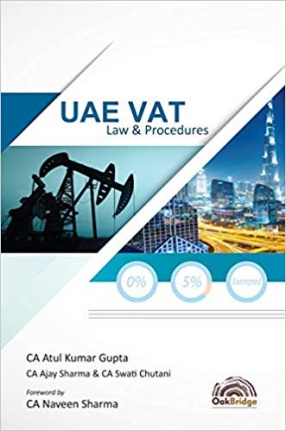
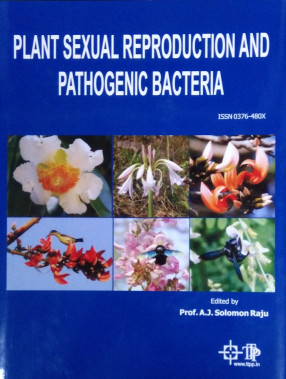
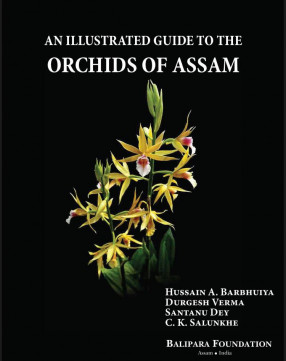
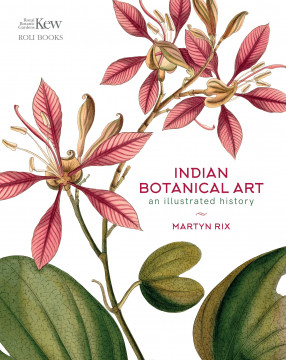
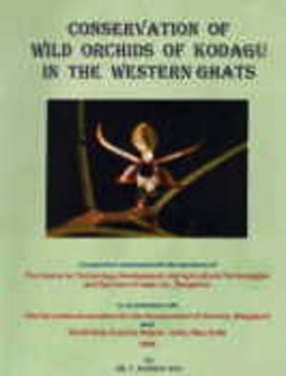

Bibliographic information
Rajeshwar S Chandel